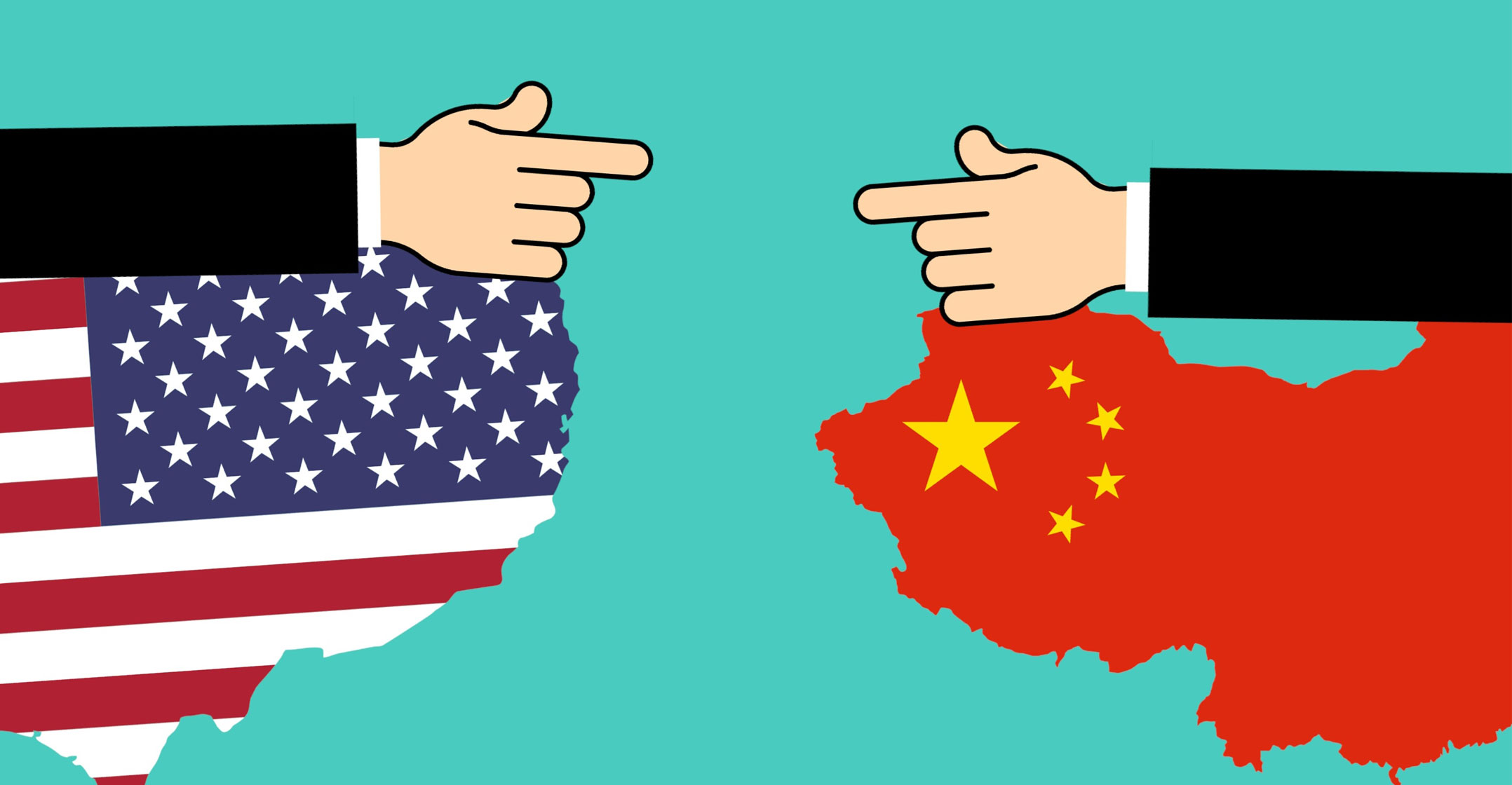 Huawei pleaded not guilty to US charges of trade-secret theft, a day before the company learns if Canada will start extradition proceedings for its chief financial officer in a pivotal week that could see diplomatic tensions flare.
Huawei pleaded not guilty to US charges of trade-secret theft, a day before the company learns if Canada will start extradition proceedings for its chief financial officer in a pivotal week that could see diplomatic tensions flare.
China’s biggest smartphone maker and its US affiliate appeared in federal court in Seattle this morning to answer to charges that they engaged in a scheme to steal trade secrets from T-Mobile US and also committed wire fraud and obstruction of justice. The plea was entered before US district judge Ricardo S Martinez and a trial was scheduled for 2 March 2020.
The arraignment comes just a day before Canada’s deadline to decide whether to officially order the start of extradition hearings against Huawei chief financial officer Meng Wanzhou, who is wanted in the US on fraud charges. In a separate indictment filed in Brooklyn, US prosecutors allege she lied to banks to trick them into processing transactions for Huawei that potentially violated Iran trade sanctions.
The two cases have intensified the spotlight on Huawei, which has come to symbolise China’s economic rise and challenge to the US’s status as the world’s top superpower. In particular, the decision to prosecute Meng — daughter of billionaire Huawei founder Ren Zhengfei — has sparked an unprecedented diplomatic dispute, with Canada trapped in the middle.
If history is any guide, Canada will probably start extradition proceedings, which will set in motion a process that promises to be long and politically explosive. China has demanded that Canada release Meng and, since her December arrest in Vancouver, has detained two Canadians on national security grounds and sentenced a third with a death sentence for drug trafficking in China.
Meng is next scheduled to appear in court on 6 March. If extradition proceedings begin, the process is likely to drag on for months, possibly years. However long they take, she’s likely to be extradited in the end.
Tappy
In the trade-secrets case, prosecutors said in a January indictment that from 2012 to 2014 Huawei stole information from T-Mobile’s Bellevue, Washington, headquarters contained in “Tappy”, a robotic phone-testing system.
The US says it uncovered Huawei e-mail messages showing it offered bonuses to employees for information stolen from companies worldwide. Huawei faces fines of more than US$5-million, or three times the value of T-Mobile’s secrets, according to the government.
The company has denied any wrongdoing and said it expects to be found innocent in court.
Prosecutor Todd Greenberg told Martinez that the government proposed the 2020 trial date because “this is a complex case, more complex than many cases that come before the court”.
Greenberg said he expects significant pretrial information sharing. — Reported by Natalie Obiko Pearson and Joel Rosenblatt, (c) 2019 Bloomberg LP




